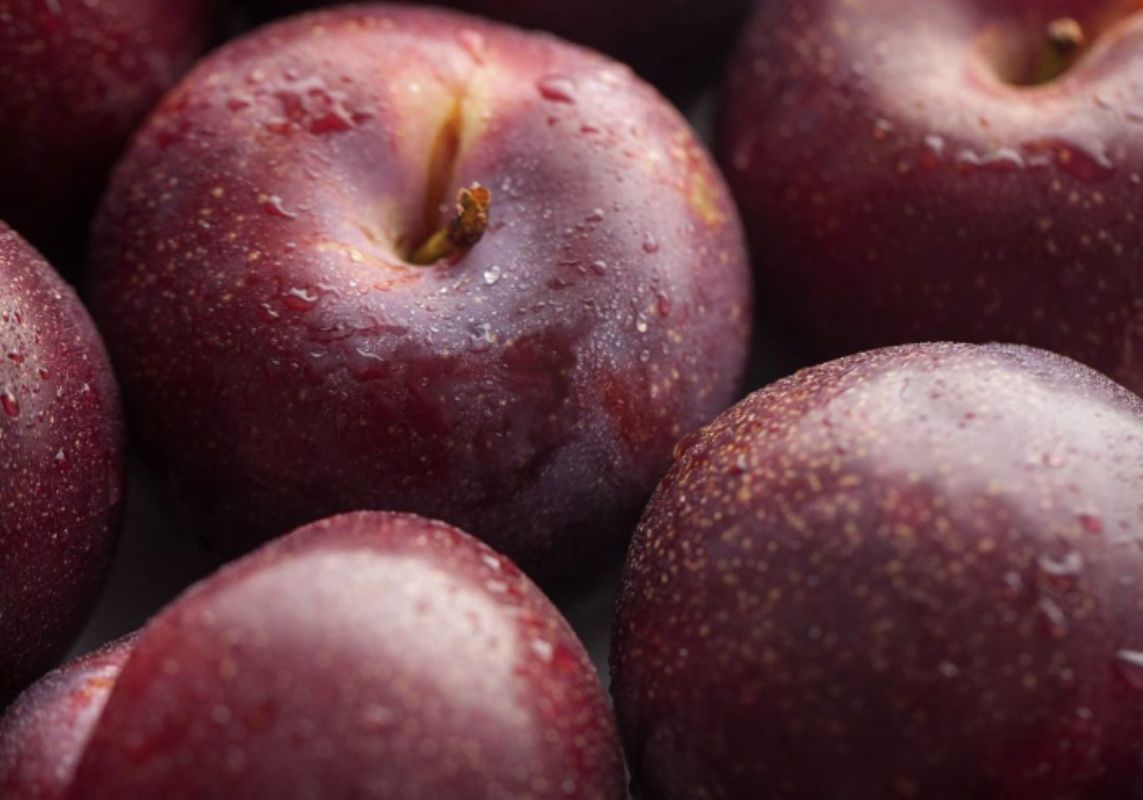In efforts to combat the effects of climate change on agriculture in Israel, one farm is crossbreeding fruits to withstand increasingly intense weather conditions.
Ben Dor Nurseries has been experimenting with different fruit species that have valuable properties, like heat or drought resistance.
Global heating has been considered the main culprit for around $100 million of agricultural damage in Israel in the last year, with fruit products a particular area in which losses were high, as Climatech MEA covered earlier this year. Peaches, nectarines, and plums were among the worst-affected fruits.
Ben Dor Nurseries CEO Ido Ben Dor said that its fruit has been grown in harsh environments in Dubai and northern Europe to assess different qualities, and these have been selected to breed new species.
"To create resilience or tolerance to certain disease, stress, or climate conditions, you first need to choose the right parents," Ben Dor told No Camels, per Climatech MEA.
Among the fruits developed is the Eden pear, which has been designed to be resistant to sunburns and heat stress.
It can also avoid the contagious disease known as fire blight, which affects apples and pears and leads to scorched leaves and rapid wilting, according to Planet Natural Research Center. The bacterial illness has the potential to kill shoots, limbs, and blossoms, and even the whole tree can succumb to its effects.
Other unusual fruits developed by Ben Dor Nurseries include plumegranates, aromacots, blackots, and watermelon plums.
Taste, of course, is essential, but being resilient in conditions that are posing increased challenges for farmers and the food supply chain is perhaps the most valuable trait.
This isn't the only example of efforts to produce more durable fruit. In France, for example, plant biologist Bénédicte Wenden is looking for apples, cherries, apricots, and peaches that can deal with warmer winter climates, as Euronews.green detailed.
The Copernicus Climate Change Service, as Bloomberg reported, has predicted that all of Europe will experience above-average temperatures between December 2023 and February 2024, which could affect fruit crops on the continent.
While this is alarming news as the world deals with increasing temperatures exacerbated by human-caused pollution, this trend may allow agricultural companies like Ben Dor Nurseries to find the next resistant fruit to crossbreed.
Join our free newsletter for weekly updates on the coolest innovations improving our lives and saving our planet.









